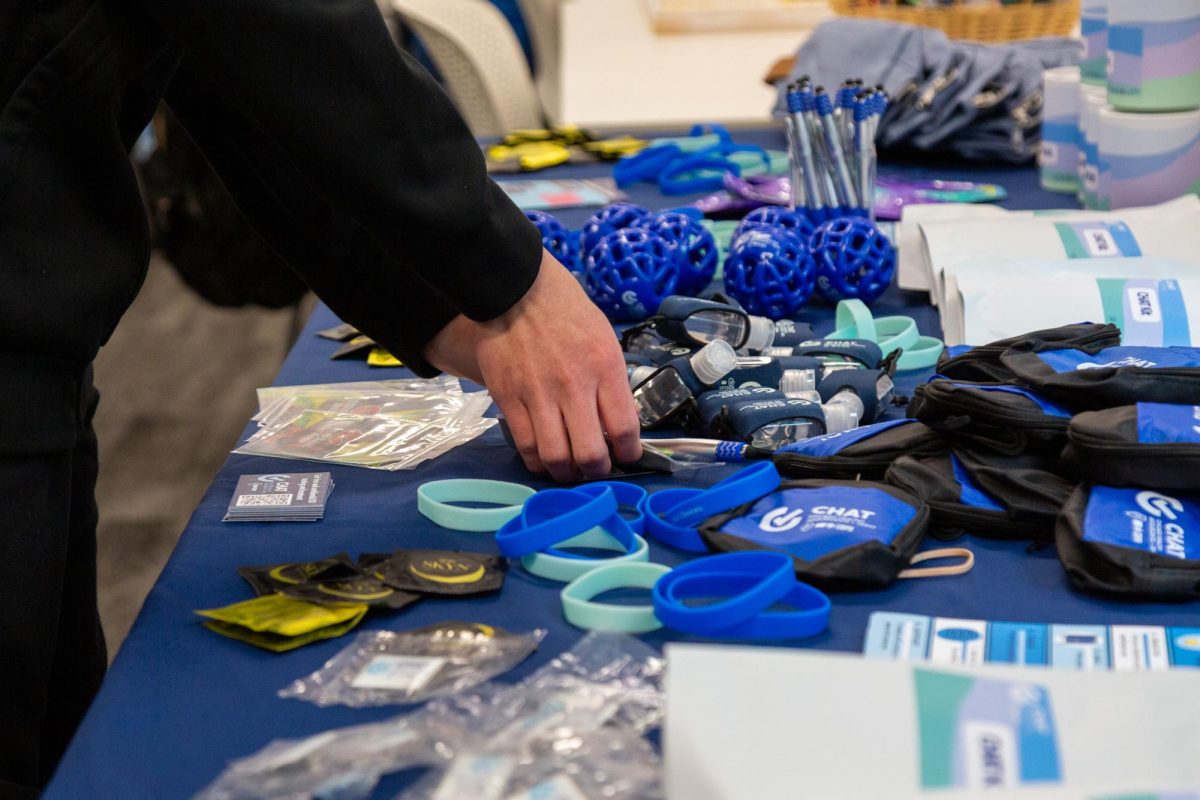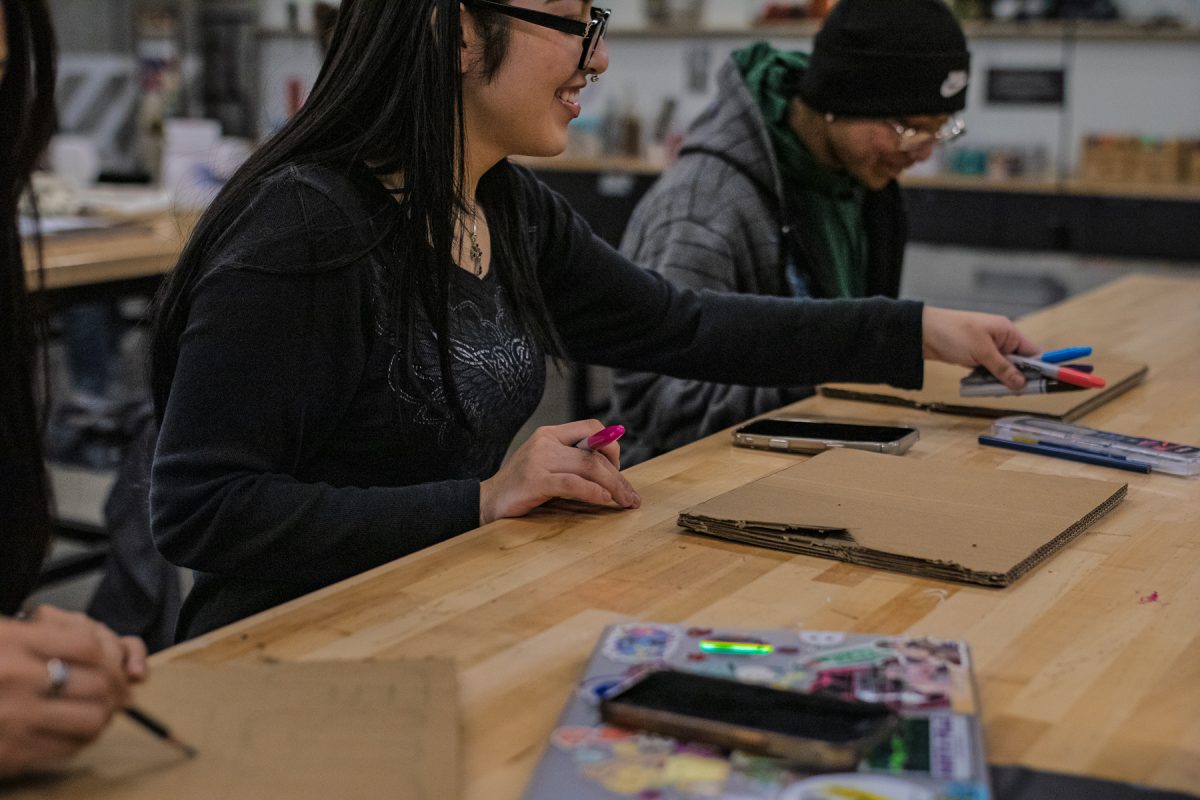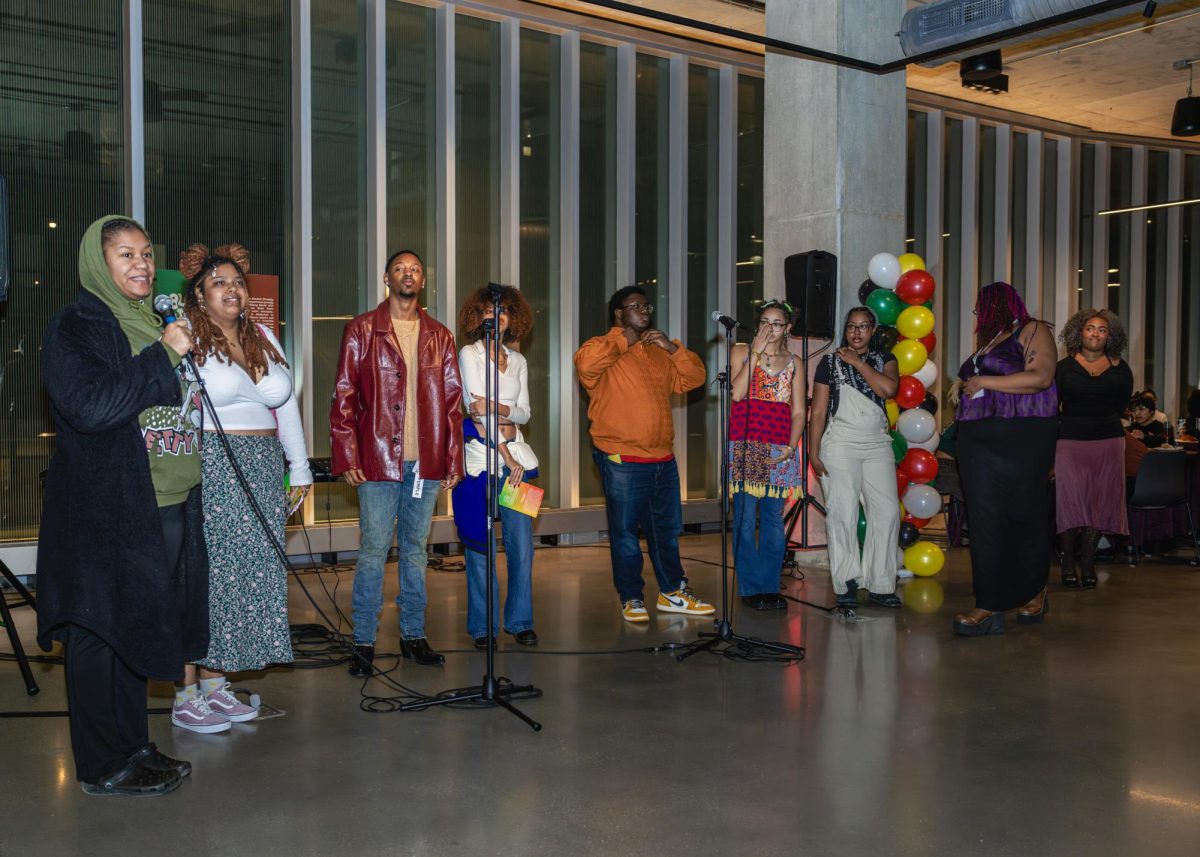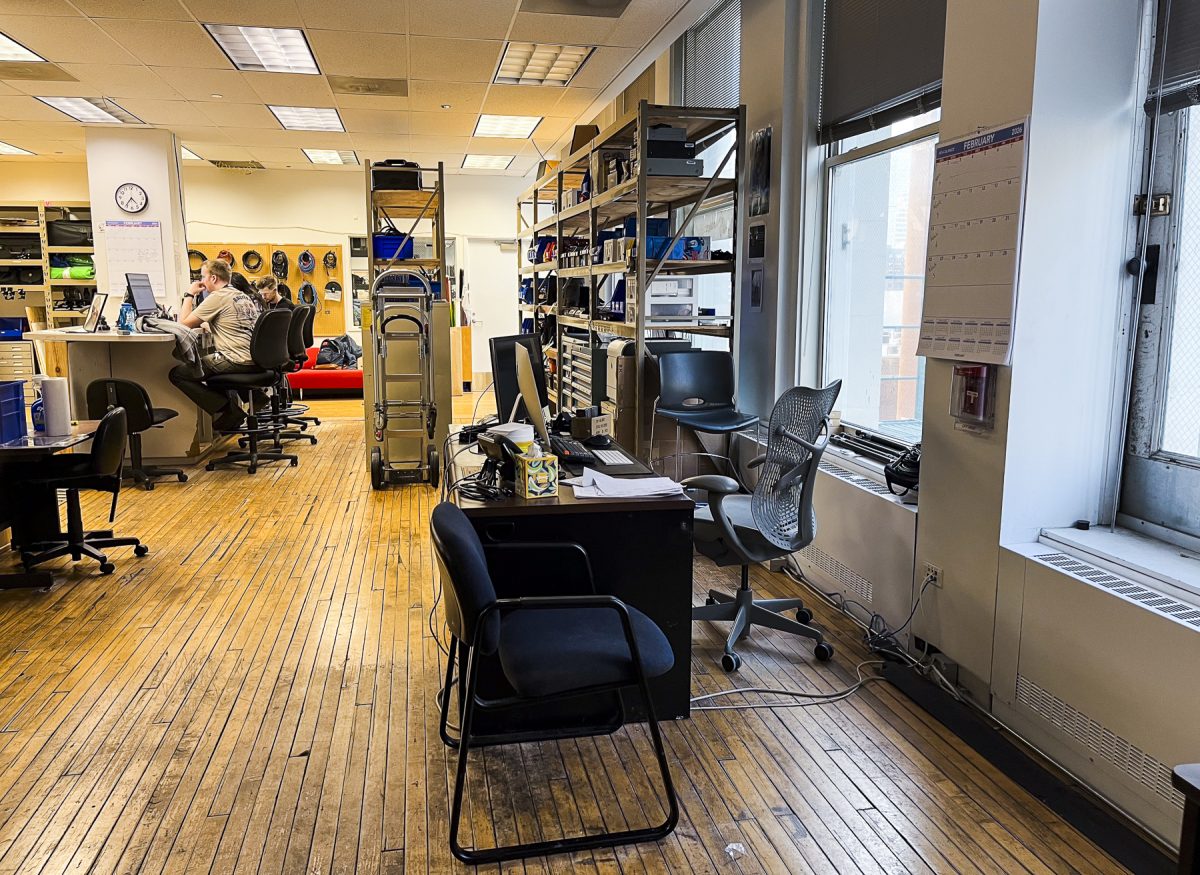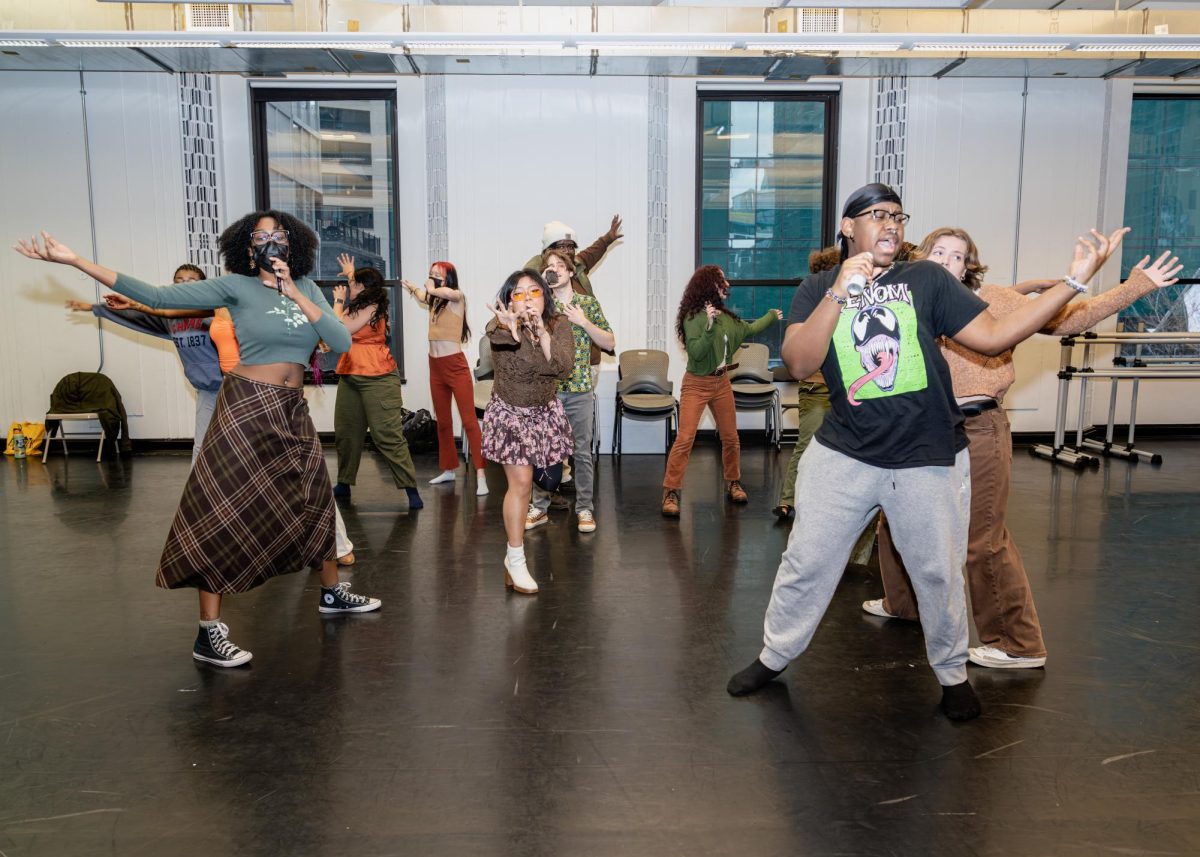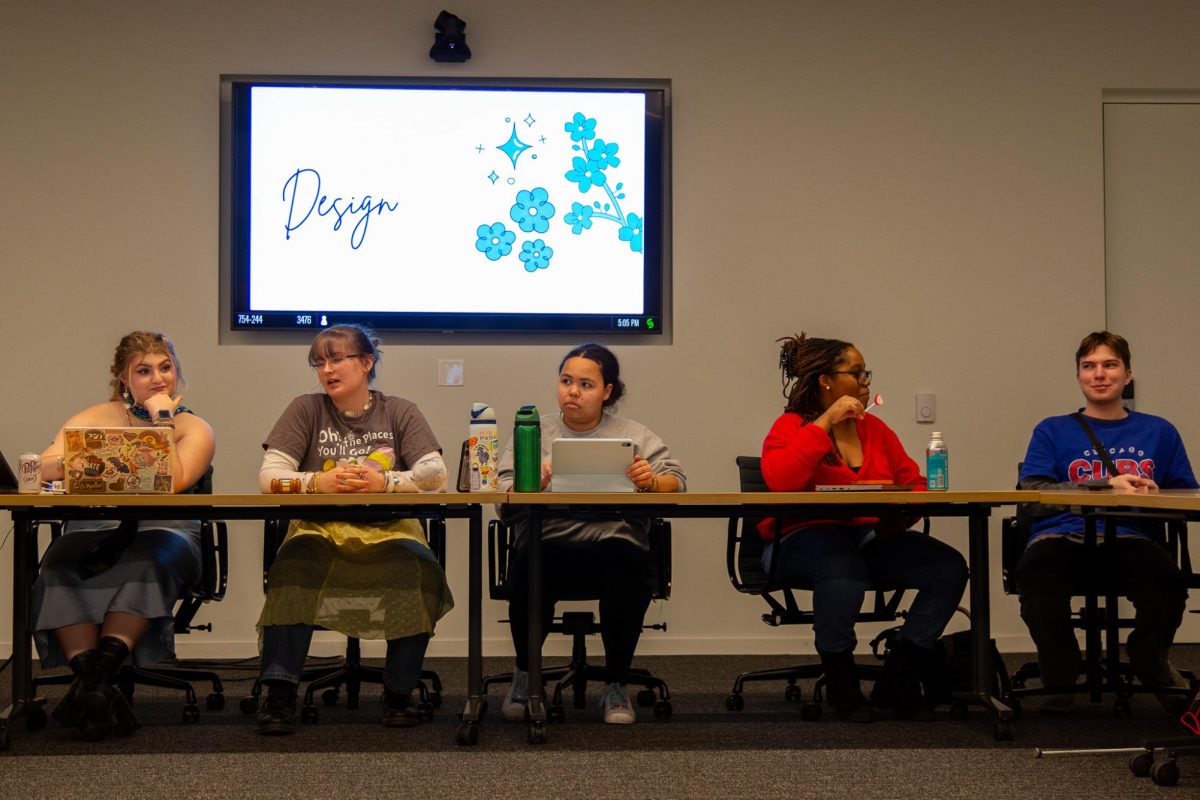Columbia will host a Campus Town Hall on Thursday, March 13, to discuss its commitment to diversity, equity and inclusion in the midst of the Trump Administration’s threats to withhold federal funding from schools that offer DEI initiatives.
The town hall will take place from 4:00 to 5:30 p.m. in the Student Center.
So far, Columbia’s leadership has pledged their intent to continue to support DEI, even though they risk losing federal funding for initiatives like the TRIO office, which supports disabled and low-income students.
In his recent joint address to Congress, President Donald Trump claimed that his administration had dismantled DEI efforts nationwide, saying in the televised speech that “our country will be woke no longer.”
In a “dear colleague” letter the Department of Education’s Office of Civil Rights sent on Feb. 14, schools were given two weeks to stop race-conscious student programming.
On March 1, the department followed up with the release of frequently asked questions about the letter.
Despite the looming uncertainty, Rosita Sands, the director of the Academic Diversity, Equity and Inclusion office, said the college remains committed to supporting DEI.
“There have been a lot of different responses across academia. I think we are committed to these principles,” Sands said. “We feel strongly in them and the value of them. We’re trying and our efforts are really toward making our campus a welcome place for all students.”
Sands said the current news surrounding DEI is “a little distracting” but emphasized it hasn’t impacted her role or mission at Columbia. She said the administration and her DEI office are in ongoing discussions about potential changes to clarify existing programs and initiatives. Any changes to DEI work will focus on clarifying its nondiscriminatory nature, she said.
“When we sponsor a program on campus that’s under the banner of DEI programming, it’s open to everyone. It doesn’t discriminate. It doesn’t say this is only for certain groups on this campus,” she said.
Sands also highlighted the DEI Fellows initiative, which was launched last October as a new program to further support these efforts.
Derick D. Jones Jr., DEI representative in the School of Design, said that the primary focus of the fellows is to foster a sense of belonging and creating a safe community for all. In light of the new Trump administration, they are particularly monitoring financial concerns.
“I do know that we have some federally funded programs here, and some of them are coming up on renewal or they could be coming up on renewal, and so that’s what I’m keeping my eye on from a federal level,” Jones said.
In a similar regard, Karla Ray Fuller, the DEI fellow for the School of Film and Television, said she is awaiting the actions of Interim President and CEO Jerry Tarrer.
“He does say we need to make some changes in nomenclature, which would be renaming structures and processes,” Fuller said. “I have no idea what those changes might be, just waiting and wondering.”
Last week, the DEI fellows attended the National Association of Diversity Officers in Higher Education conference in Chicago. Several representatives emphasized that DEI remains crucial to advocate for.
“I think DEI work is very important and I think our school student body is very diverse on a lot of different levels, from first generation college students to ethnicity, race and LGBTQ+,” Fuller said.
Gabriela Díaz de Sabatés, an associate professor and DEI representative in the School of Communication and Culture said this is a time of unprecedented and unexpected shifts.
“When sudden changes happen, it is particularly important to be thoughtful, and carefully craft inclusive policies that do not leave anyone behind,” Díaz de Sabatés said.
Many Columbia students, particularly those enrolled in DEI courses, also recognize the importance of maintaining DEI curriculums in higher education.
Columbia currently requires six credits of DEI coursework to graduate.
For junior film major Saffiyah Sackor, their “Queer Literature” course began as a fun elective and has become a deeper exploration. Their class is currently reading “Orlando” by Virginia Woolf and preparing for discussions that reflect the course’s focus on DEI within literature.
“I love DEI courses. I think they’re very educational and important. They expand my understanding of the world and allow me to know more about other cultures and other people,” Sackor said.
Carolina Villanueva, a senior photography major, said they similarly appreciate their DEI courses.
“DEI classes give me an opportunity to explore other cultures, other identities and other people. These are important atmospheres to be in not just at a liberal arts college but arts in general because they are collaborative,” Villanueva said.
Bella Durbin, a senior film and television major, said the DEI curriculum plays a crucial role in fostering diversity and inclusivity, broadening students’ understanding of different perspectives.
“There is value in DEI classes. It’s all about knowledge, understanding and respecting people without knowing them. It’s important to talk about because if you don’t, then people will feel isolated,” they said.
Copy edited by: Trinity Balboa
Resumen en Español:
A medida que Columbia continúa priorizando sus programas de diversidad, equidad e inclusión, la universidad enfrenta el riesgo de perder fondos federales para iniciativas como la oficina TRIO, que apoya a estudiantes discapacitados y de bajos ingresos.
En respuesta, Columbia organizará hoy un Campus Town Hall para discutir su compromiso con la diversidad y la inclusión en medio de las preocupaciones federales relacionadas con la DEI.
“Valoramos su voz, únase a nosotros y sea parte del diálogo”, decía un correo electrónico de la Oficina del Presidente enviado el 28 de febrero, sobre el foro abierto.
El presidente Donald Trump afirmó que su administración había desmantelado los esfuerzos de DEI en todo el país, declarando: “Nuestro país ya no estará ‘woke’”.
Como resultado, instituciones como Columbia continúan enfrentando el desafío de equilibrar el cumplimiento legal con su compromiso de apoyar a los estudiantes que dependen de programas de ayuda federal como las becas Pell y las oportunidades de trabajo y estudio.
Resumen en Español por Araceli Ramirez
Texto editado por Manuel Nocera



